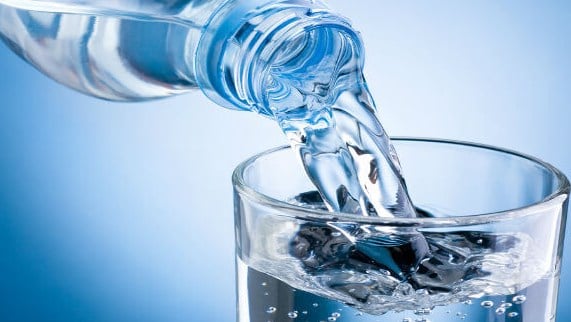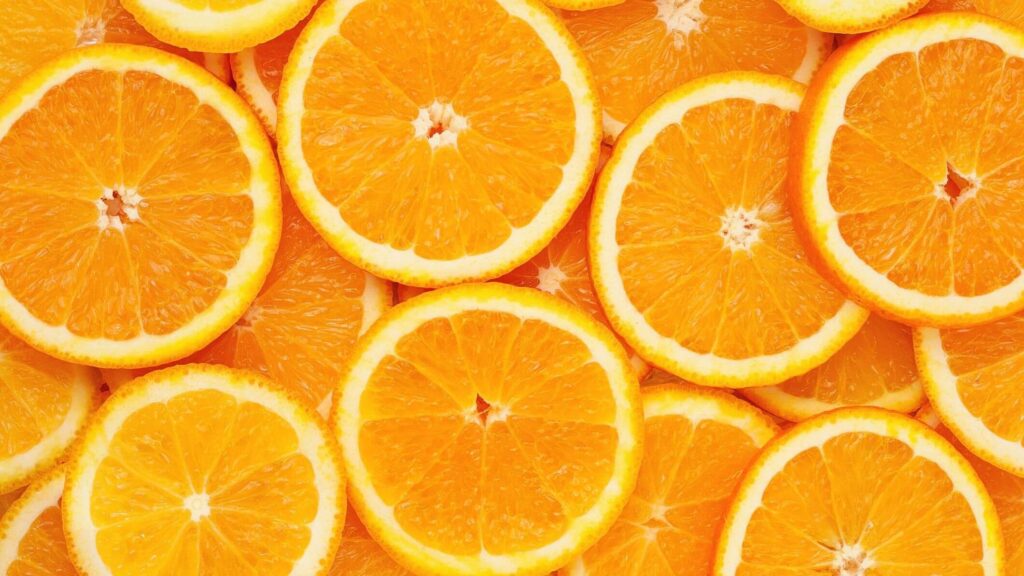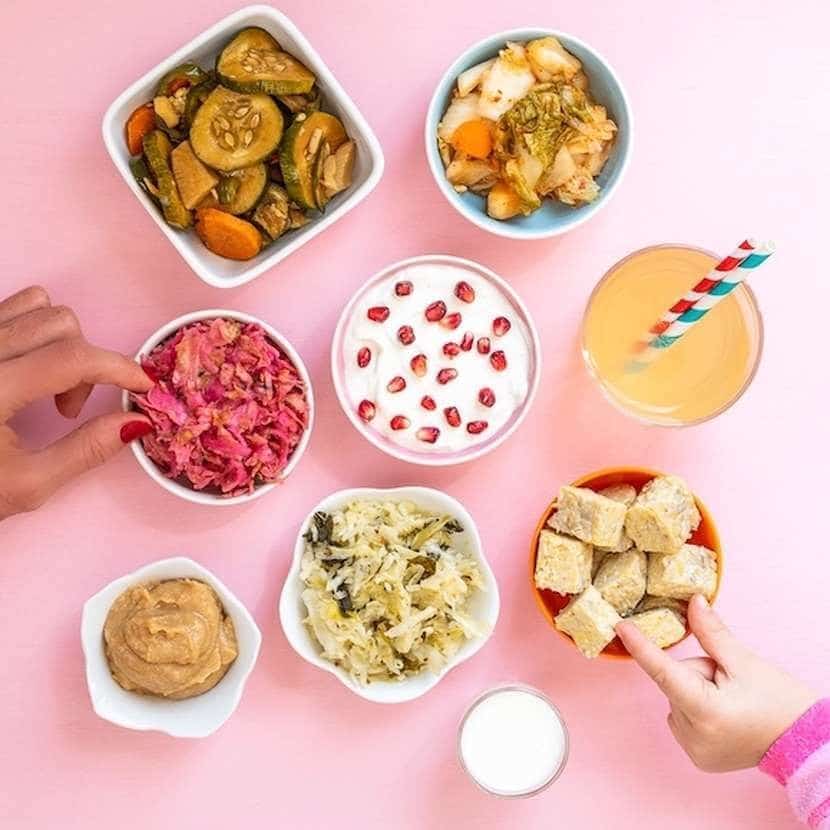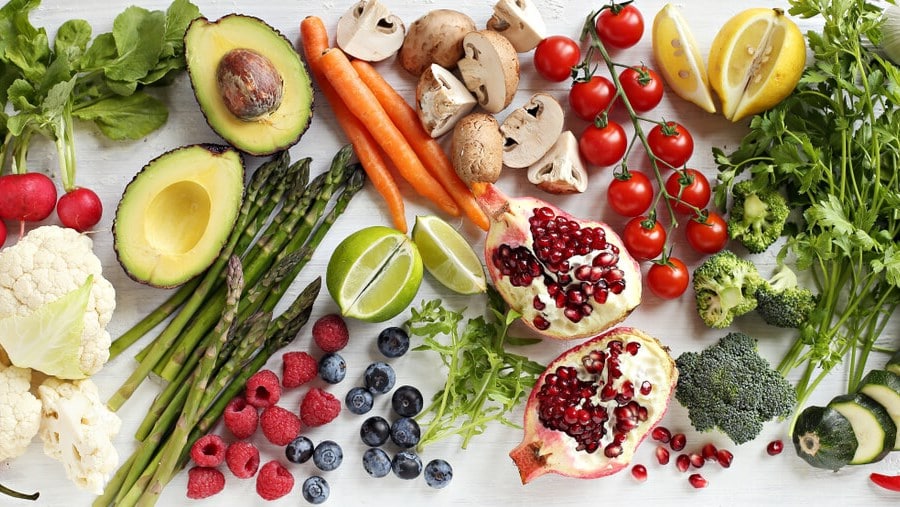“You are what you eat” and unfortunately, most of us eat what tastes good with little to no regard for what these foods are doing to our bodies. IT MATTERS! Now, I am not encouraging any extremes of dieting or promoting any individual diet plan, but there are ways that what you consume can benefit you during your recovery, whether you have been ill or just had a surgery.
My husband and I went plant-based about 6 months ago and surprisingly, it’s been much easier for both of us than we had anticipated. What I’ve noticed though, is that I am much more aware of my nutrient intake now. This is probably compounded by the fact that we are raising our 1-year-old daughter without meat (she does drink cow’s milk!). The most difficulty I’ve encountered is trying to get my husband to accept that meals are NOT missing something if they don’t have meat! And that the baby can get plenty of protein in quinoa or lentils or soy! Otherwise, it’s been a lot of fun cooking, I’m constantly impressed by the depth of flavor and texture I can get in traditionally meat-based dishes that I now make sans animal!
COVID-19 has everyone fearful and extremely cautious about social contact and about the items that we touch before they come into our homes or into our bodies. I’m applying this caution to my post-operative patients as well. Remember, surgery is trauma to the body and the body’s natural instinct is to recruit help to heal. So how can we boost our immune systems to aid in recovery?

Hydration
Dehydration stresses our immune system and throws off our metabolic balance. Our bodies have what are called “insensible losses” every day as we lose fluid from our respiratory systems, water in bowel movements, via our skin – we can lose up to 1L/day or about 4 cups. When we are ill or have just had surgery, our insensible losses increase and are compounded by losses due to inflammation. Staying hydrated is paramount to recovery and while water is the most critical fluid, do include some broths or lemon juice to help maintain electrolyte balance.
Vitamin C
Vitamin C helps boost the immune system by increasing the amount of antibodies and also by helping white blood cells differentiate (become what is most needed for the healing process). You can easily get 200mg (amount shown to be effective against colds and viruses) from fruits like oranges, grapefruit, kiwi, strawberries and vegetables like Brussels sprouts, red and green peppers, broccoli, cooked cabbage, and cauliflower.

Zinc
Zinc helps the body fight off invading viruses and bacteria. The body also needs zinc to make protein and DNA, vital genetic components of our cells. Most of us are able to reach our daily requirements of zinc by our usual diets or you can easily supplement your meals to get the amounts needed. Sources of zinc include beans, chickpeas, lentils, tofu, fortified cereals, nuts, seeds, wheat germ, oysters (including canned), crab, lobster, beef, pork chop, dark meat poultry and yogurt.
Vitamin D
According to data collected between 2005 and 2006 by the National Health and Nutrition Examination Survey (NHANES), insufficient vitamin D levels were found in 41.6% of the 4495-individual sample size. Without Vitamin D, our bodies are more susceptible to infectious agents such as bacteria and viruses and we are less able to prevent these agents from spreading. Vitamin D helps us fight infection by regulating the production of a protein that selectively kills bacteria and viruses. It also has an effect on the activity and number of T 2 killer lymphocytes (a type of white blood cell), these cells assist by reducing the spread of bacteria and viruses. Good food sources of vitamin D include fatty fish, including canned fish like salmon and sardines; eggs, fortified milk and plant milk products; cheese, fortified juice, tofu and mushrooms.
Beta Carotene
Our bodies convert beta carotene into vitamin A, which works by helping antibodies respond to toxins and is essential for a strong immune system. Good sources of beta carotene include sweet potatoes, carrots, mangoes, apricots, spinach, kale, broccoli, squash and cantaloupe.
Pre/probiotics
We need to keep our gut flora happy and healthy, this, in turn, supports our immune system. Sources of probiotics include fermented dairy foods such as yogurt and kefir, and aged cheeses, as well as fermented foods such as kimchi, sauerkraut, miso, tempeh, and sourdough bread. Sources of prebiotics include whole grains, bananas, onions, garlic, leeks, asparagus, artichokes and beans.

Protein
Protein, either plant-based or animal, is an absolute must; these include fish, poultry, beef, milk, yogurt, eggs, and cottage cheese, as well as nuts, seeds, beans, and lentils. Protein forms the basis of the building blocks of our immune system and helps it do its job. Try replacing your snacks with protein-rich options.
So while we all have our guilty pleasures (chocolate cheese pie, anyone?), we can still do our parts in taking care of what goes into our bodies so that we can stay healthy and strong during this current health crisis and also during the postoperative recovery period.

